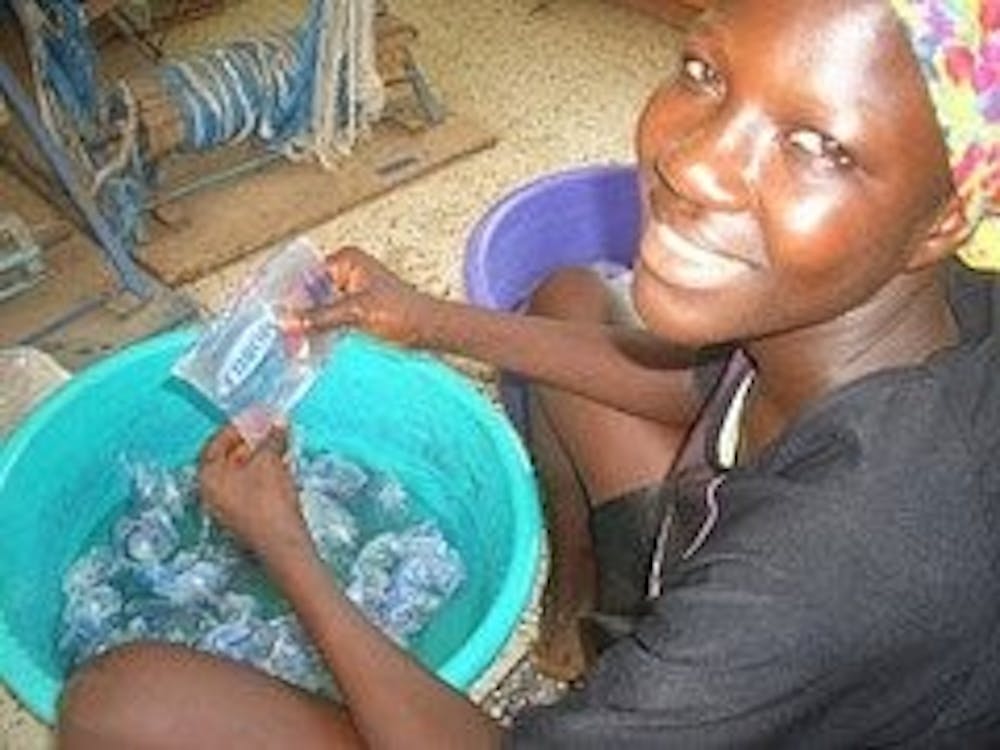A Ban Against Neglect (ABAN) is already an up-and-coming charitable organization, but now, it’s gaining a stronger presence at Elon as well.
The organization was founded in 2008 by three students at the University of Ghana: Callie Brauel, Rebecca Brandt and Emmanuel Quarmyne. Brauel and Qarmyne were Americans studying abroad, and the three were appalled by two major problems in Ghana — the abundance of litter and the large number of homeless children. Together they started ABAN with the intention of fixing both issues by training homeless, adolescent mothers to create products from recycled trash.
As ABAN grows, its presence at Elon grows as well, and Elon senior Gretchen Honnold has been part of that process. Honnold first became connected with ABAN through her roommate at the time, Amanda Olmstead, who studied abroad at the University of Ghana in the spring of 2010.
Since then, Honnold has been highly involved with ABAN and spent last summer interning for the organization in Ghana. She has also hosted several ABAN product sales and written staff bios for ABAN’s website.
ABAN has connected with Elon in a number of other ways. Founders Brauel and Brandt came to Elon in the spring of 2011 to give a presentation and show a short documentary on their work.
Since then, Brandt has come back to speak to the Africa’s People and Environments class, taught by Heidi Frontani, professor of geography and chair of the department of history and geography. Additionally, Elon seniors Keyona Osborne and David Gagne worked with ABAN while studying abroad at the University of Ghana last fall.
“ABAN’s constant evolving and multifaceted approach to empowerment make it a unique and important cause to understand and support,” Honnold said. “The ABAN program is genuine and full of personality.”
Senior Rachel Stanley, co-coordinator for Amnesty International, also sees the importance of ABAN.
“Its entrepreneurial system addresses two problems at once,” Stanley said.
Of course, Honnold has dedicated a lot of her effort to working with ABAN, but said she has gotten plenty out of the experience herself.
“As an international studies major who is interested in social justice, this experience gave life to the classroom lessons,” she said. “Most importantly, I gained relationships with people from a different, yet beautiful culture. I gained friends. These relationships sustain my potential to learn and be learned from and help me to better understand the culture of Ghana and of the U.S.”
Honnold said she thinks students should become involved with the organization for many reasons, both personal and professional.
“ABAN has an outlet for any area of expertise, from business entrepreneurship to public health to international studies to communications,” she said. “There is so much to learn from this organization and so many ways to get involved.”


